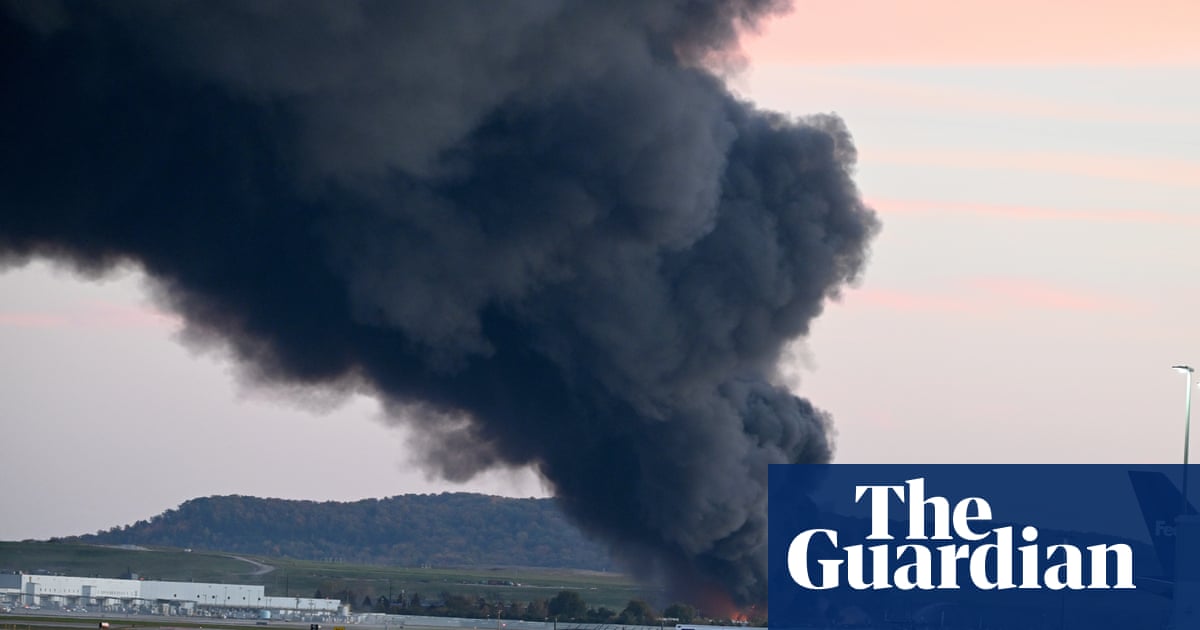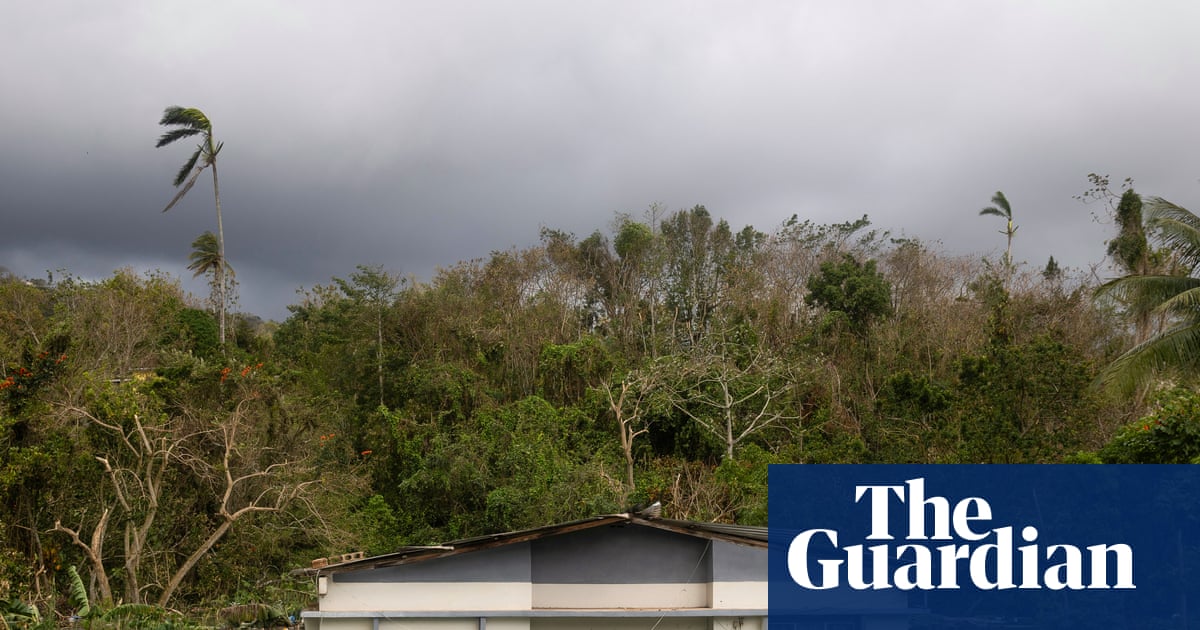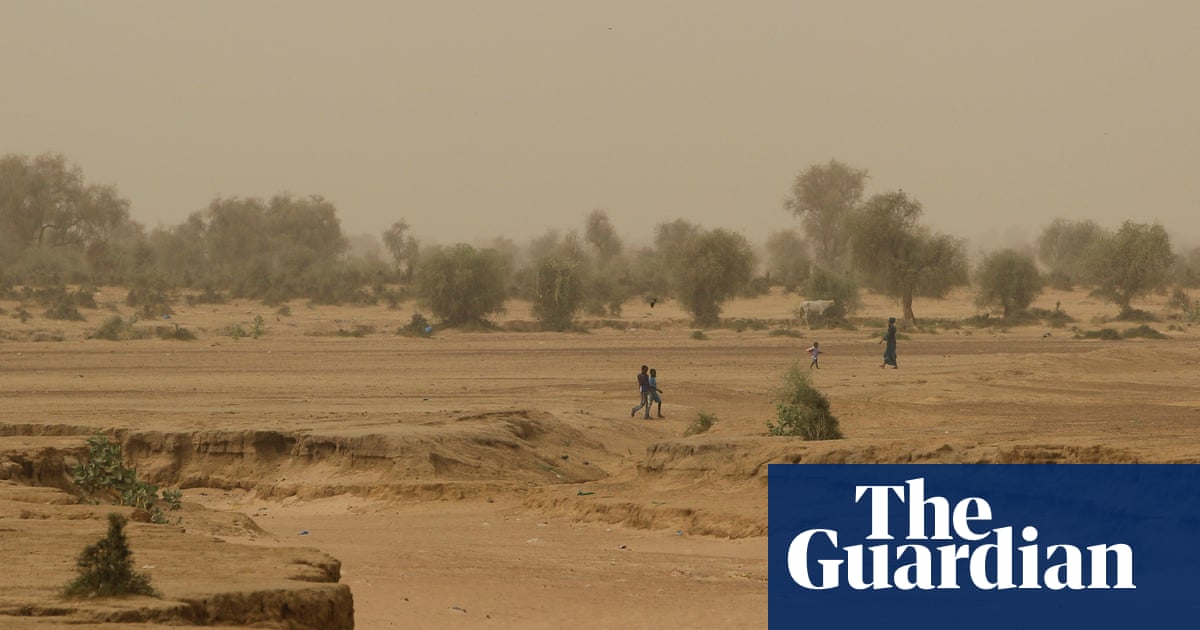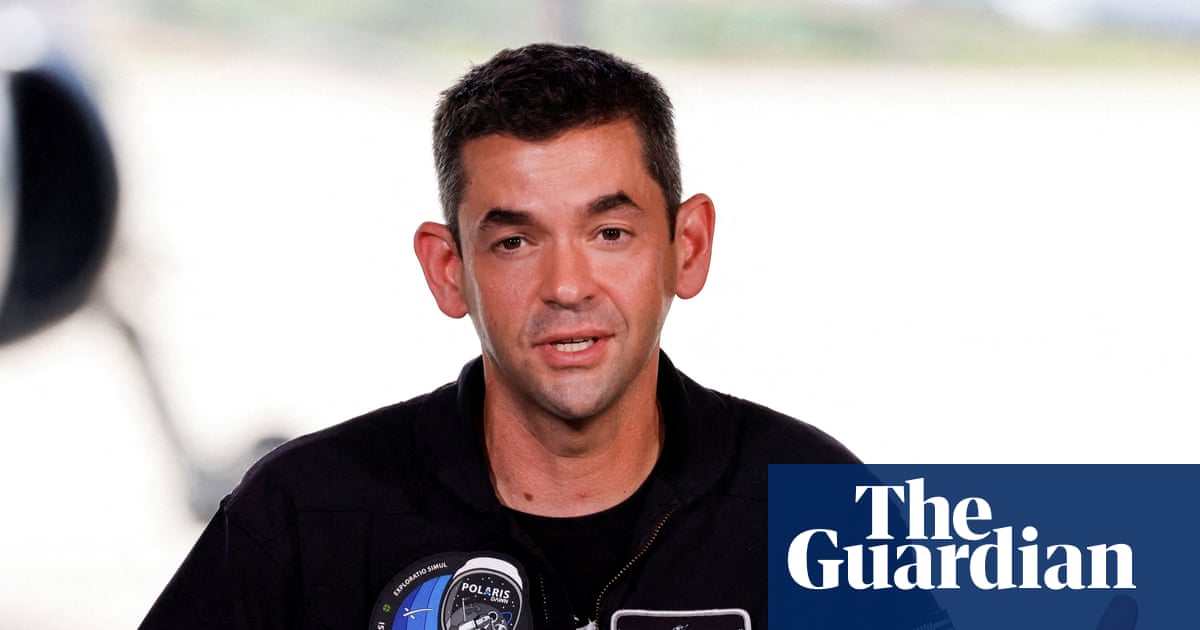Amber Vigh had taken the usual precautions when bringing her nine-year-old son, Carter, to summer camp in July 2023. There were no fires near their home in British Columbia, Canada. Her air quality app showed low levels of pollution. She could not smell any smoke.
Carter, a music-loving Lego enthusiast who had asthma, brought along his smiling shark tooth-patterned emergency kit that held an inhaler, allergy pill and EpiPen. When smoke did roll in from the north, Vigh took him indoors.
But at home that evening, Carter began to cough uncontrollably. Vigh and her husband, James, followed the doctors’ checklist – emergency inhaler, drink of water, steroid inhaler – and gave him a bath to cool down. Then, “all of a sudden, he started coughing again like crazy”, said Vigh.
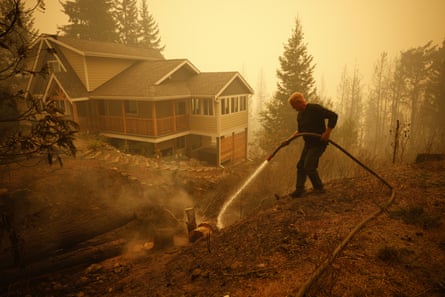
Alarmed, she drove Carter to the local hospital and called ahead so medics would be waiting. “This isn’t good,” Carter told his dad while being carried to the truck.
“Right then, we both knew this wasn’t just a normal asthma attack,” said Vigh, a teaching assistant. “Never thinking in a million years it was going to result the way that it did.”
Carter died in hospital that day from what the coroner called an asthma attack aggravated by wildfire smoke. And though most people in his family’s shoes will not know it, his death was far from the only one made more likely by the fumes.
Tiny toxic particles spewed by Canadian wildfires killed 82,000 people in 2023, according to a study published in Nature on Wednesday. The long tendrils of smoke choked towns not just in Canada and the US, but also across the Atlantic. The pollution was responsible for 22,000 early deaths in Europe alone.
The findings add to a growing body of evidence that suggests smoke from wildfires ranks among the greatest threats to human health. In December, a study in the Lancet medical journal attributed 1.53 million deaths each year to exposure to air pollution from wildfires.
Despite the vast death toll, experts warn of a widespread lack of public awareness and government action. The air quality app that Vigh checked on the day that Carter died had relied on a monitoring station 60 miles (100km) away. It was too far to detect the invisible pollutants cloying the air around their home.

Vigh has since started an initiative with the BC Lung Foundation in Carter’s memory, distributing free air quality monitors to towns that lack adequate coverage. “His life was taken way too soon, but he’s out there saving lives for other kids and adults.”
The wildfires that ravaged Canada in 2023 were the country’s most destructive on record, and pumped out pollutants across the world. They increased annual exposure to dangerous particles known as PM2.5 by 65% in Canada, 21% in the US, and 4% in Europe, according to data from the Nature study. The particles are small enough to pass from the lungs into the bloodstream, irritating everything from the airways to the brain.
after newsletter promotion
Prof Cathryn Tonne, an environmental epidemiologist at the Barcelona Institute for Global Health (ISGlobal), who was not involved in the study, said the research was important but the death toll was probably conservative.
“This analysis assumes wildfire PM2.5 has the same toxicity as PM2.5 from all sources in its estimate of deaths due to exposure over the course of a year,” said Tonne, who published a study last month suggesting short-term exposure to wildfire smoke was deadlier than previously thought. “This is likely an underestimate as there is growing evidence that wildfire PM2.5 is more toxic than PM2.5 from all sources.”
Wildfires in North America and Europe are breaking records as a blanket of fossil fuel pollution has smothered the Earth, heating the planet and drying out plant matter on which blazes feed. The plumes of smoke have devastating impacts on the body that often go unattributed.
Vigh said she was proud of the work that Carter’s project had achieved – last month, BC Lung Foundation brought air quality monitors to Dawson Creek and next week, she and Carter’s two siblings would bring some to Golden River – and hoped it would spread across Canada.
“It’s kind of a love-hate thing,” said Vigh. “I want to make a difference for Carter, but I would give it all back in a heartbeat if I could have him back.”

 1 month ago
77
1 month ago
77
